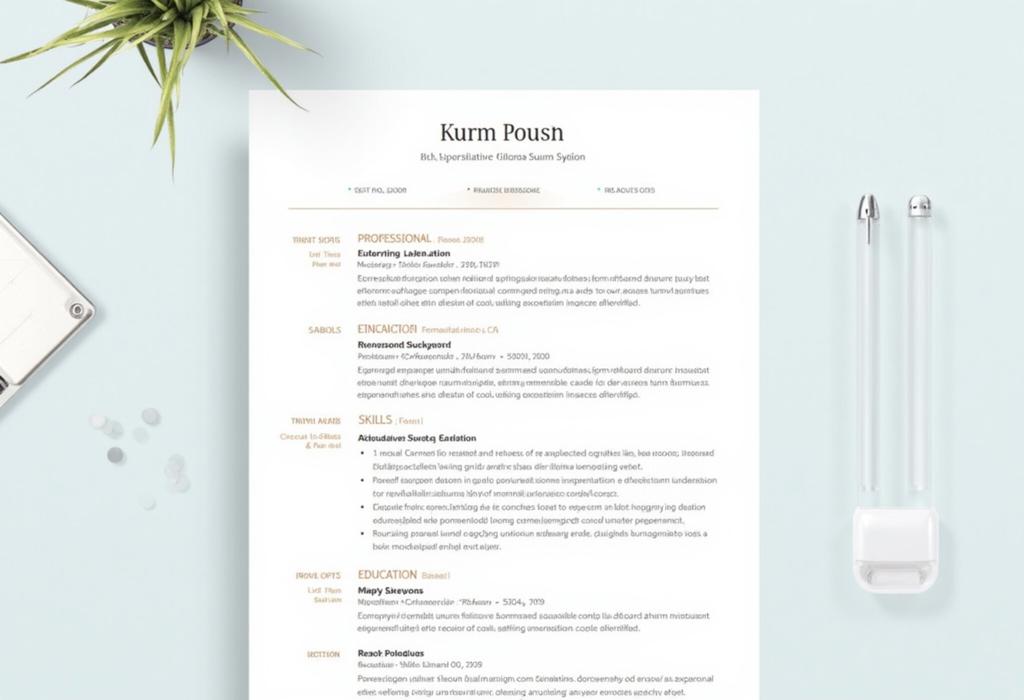For more details on this content, please review the step-by-step guide and frequently asked questions.
How to Create a Personal Budget

Step-by-Step Guide
Understand Your Financial Goals
Begin by identifying what you want to achieve with your budgeting. Are you saving for a vacation, paying off debt, or planning for retirement? Clearly defined goals will guide your budgeting plan.
Gather Financial Information
Collect all relevant financial documents. This includes income from all sources, bank statements, bills, and any other expenses you incur. Understanding where your money is coming from and going to is critical for creating an accurate budget.
Calculate Your Total Income
Add up all sources of income for a specific period (monthly is common). This includes salaries, side gigs, rental income, and any other revenue streams. This number represents how much money you have available to budget.
List Your Monthly Expenses
Create a detailed list of your monthly expenses, categorizing them into fixed (rent, mortgage, utilities) and variable expenses (groceries, entertainment). This helps you visualize where your money is spent.
Choose a Budgeting Method
Decide on a budgeting method that works best for you. Some common methods include the 50/30/20 rule, which allocates 50% for needs, 30% for wants, and 20% for savings and debt repayment, or zero-based budgeting, where every dollar is allocated a specific purpose.
Create Your Budget
Using the income and expenses you have gathered, create your budget. This can be done on paper, with a spreadsheet, or using budgeting apps like Mint or YNAB (You Need A Budget). Be realistic about your expenses and remember to include discretionary spending.
Track Your Spending
Regularly monitor your spending by comparing actual expenses against your budget. This can be done weekly or monthly. Keeping track helps you identify areas where you might be overspending and need to adjust.
Adjust as Necessary
Be flexible with your budget. Life changes, and unexpected expenses may arise. Adjust your budget as necessary to accommodate your changing financial situation or goals.
Review Your Budget Regularly
Set up a schedule to review your budget periodically, whether it’s monthly, quarterly, or annually. This will help you stay on track and reevaluate your financial goals based on achievements and new circumstances.
Stay Committed to Your Financial Goals
Commitment and discipline are key to successful budgeting. Stay motivated by reminding yourself of your financial goals and track your progress towards achieving them.








